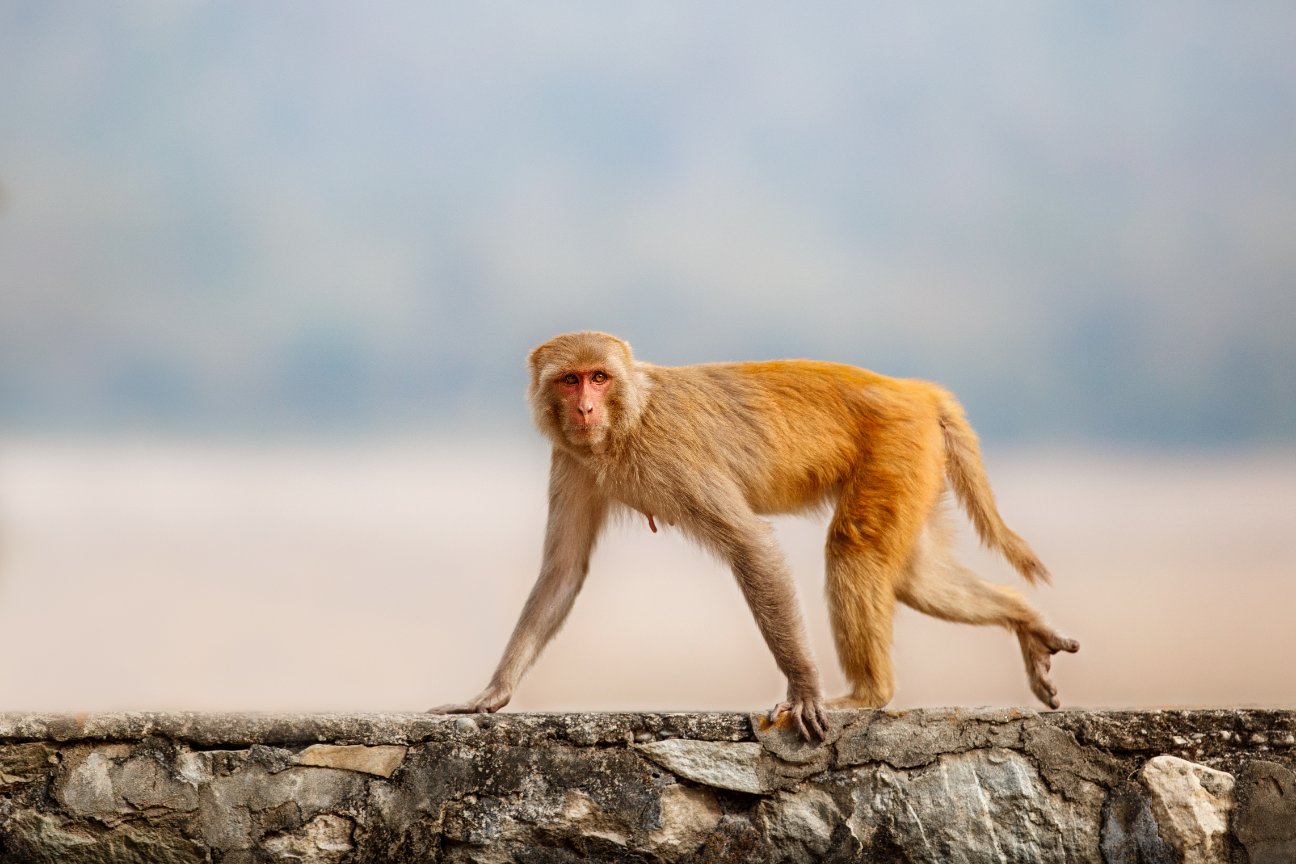Even the jungle has its fair share of good and poor climbers. Sadly, growing urbanisation is not only going to limit the tree-climbing experiences of children today, but also that of wildlife.
As children, we all have had our share of scrapes and falls while attempting to scale a tree. The view from up there always feels pretty exclusive, which is probably the reason why we all end up having to give it a shot at some point in our childhood.
The jungle, however, has its share of good and poor climbers. From birds to reptiles to mammals, a few species are known to be able to scale vertical surfaces without the slightest difficulty, while others find it hard to climb up a well-defined fleet of stairs! Elephants, for instance, require clean paths to follow and would not be very good at scaling steep or vertical slopes; a handy piece of information if ever you need to make a quick retreat with an elephant hot on your heels!
A snake that is often confused with the venomous krait, but is, in fact, harmless and great to have around the house to keep pests at bay, is the common wolf snake. A great climber, this is the snake you are most likely to find in the crevice of the wall on the third floor of a concrete building. Most country homes would find this snake at some point or the other at the back of the shelf in the bedroom or bathroom; but being harmless, the best way to deal with the unwelcome visitor would be to get help to release the snake back outdoors. Other snakes are great climbers too, of course, like the vine snake, the flying snake and several others; but somehow the wolf snake is the one that enters homes more often than not.
A common monkey found all over India is the macaque. Besides being easily found in the forests, macaques also make their way into cities, and it is rather common for residents in high rise premium apartments in cities like Bangalore to find a monkey sitting in their balcony, sneakily trying to access all the food in the kitchen. In the jungle, it is a delight to watch these animals swing from tree to tree, playing and rolling over one another, and making high-speed chases on the highest and thinnest branches. Their dynamics are also rather engrossing, with the alpha monkeys chasing the others away now and then, while all the younger ones seem to have nothing very important to do besides make a fool of themselves! The wild monkey prefers to stay away from human contact, much like any other wild animal.

Image Courtesy- PhotocechCZ-Shutterstock
Get closer to a tourist destination of a city, though, and the personality of the humble macaque transforms into a rogue robber, waiting to steal shiny objects from bags, food from people’s hands, and even chasing larger animals like dogs. The problem, of course, is human behaviour, for the monkeys have learnt to be fed by humans, and have also learnt that humans often leave a salty junk food trail behind them. Feeding monkeys results in dynamically altering their comical personality, and taking away their natural ability to fend for themselves, putting other humans at risk of monkey attacks, ultimately resulting in the ill-treatment of the animals. It is really important for every city dweller or tourist to be aware of a natural ecosystem, and keep their garbage and food to themselves, without disturbing the place they are visiting.
One of the most graceful jungle climbers would be a leopard as described beautifully in a book, a leopard climbing down a tree is much like a silk handkerchief falling to the ground. Leopards like to choose a perch up in trees and would be quite content staying there until disturbed, it is the perfect spot to snooze safely, stay camouflaged and get a view to identify their prey before they have to get on to a hunt. They are also known to carry their prey up onto the branches of trees, making it possible for them to enjoy a leisurely meal without having to continuously fend off larger predators or scavengers.
With trees being increasingly cut down in all our cities, it will soon be a rarity to have a tree for a child to climb. What a pity, for these moments from our childhood, is what makes us feel most connected with the wild!